
Canva
Ah, the 80s. A time of big hair, synth music, and a workforce that relied on skills that might make today’s employees scratch their heads. As technology has evolved, many skills that were once essential have become obsolete. Let’s take a nostalgic look back at thirteen crucial skills in the 80s that have since faded into obscurity.
1. Operating a Fax Machine
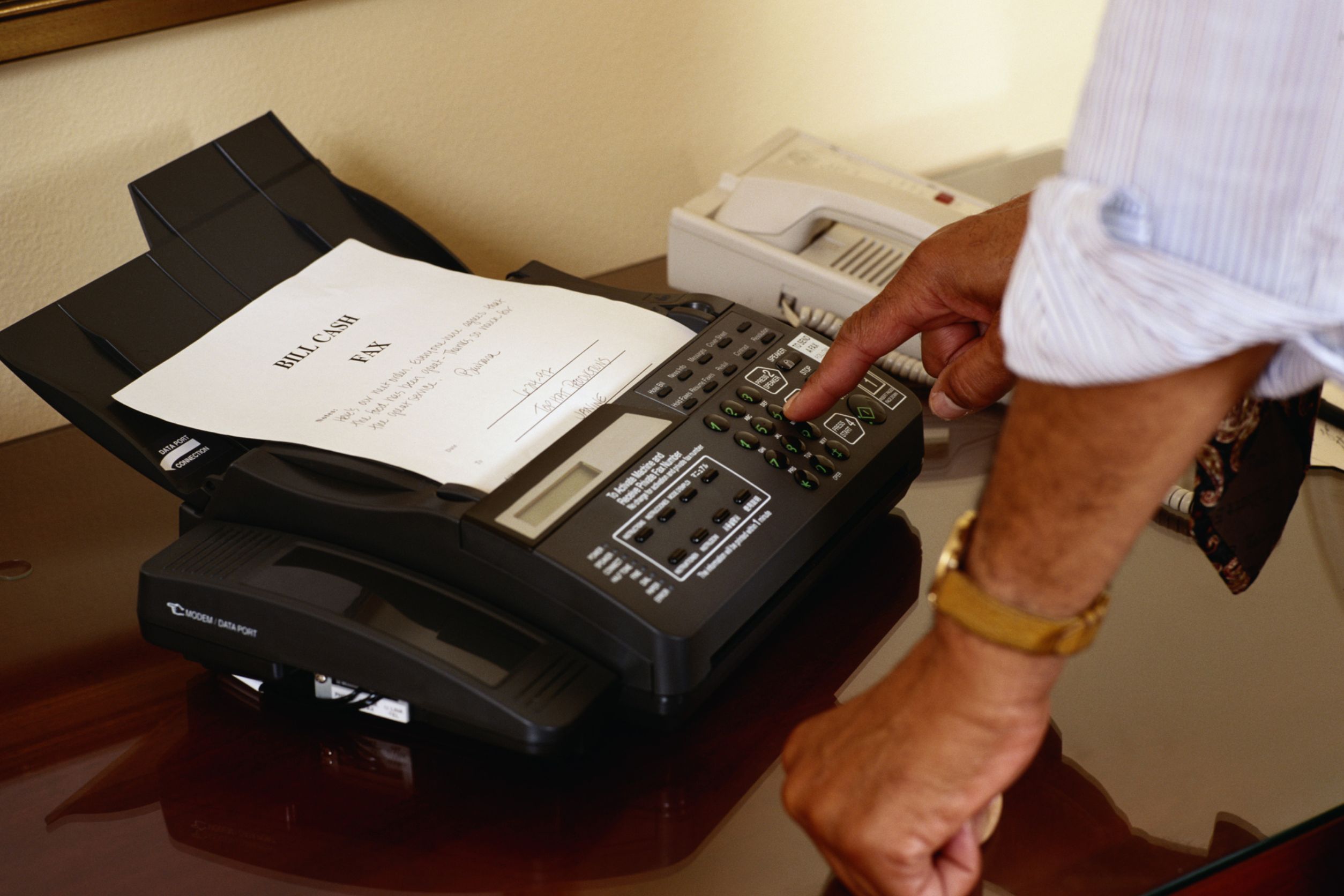
Canva
Fax machines were the go-to device for sending documents quickly across distances. Understanding how to operate one was essential, from feeding in the paper to dialing the correct number. The screech of a fax connection was a familiar sound.
Despite their reliability, fax machines have been largely replaced by email and other digital communication tools. Now, the fax machine sits in the corner, gathering dust, a relic of a bygone era.
2. Filing Papers Manually

Canva
Before the digital age, filing cabinets were the heart of any office. Workers needed to know how to organize, label, and store documents efficiently. A well-maintained filing system was crucial for retrieving important information quickly. This skill required a good memory and meticulous attention to detail.
Now, digital databases and cloud storage have made manual filing almost obsolete. The physical act of rifling through papers is a thing of the past.
3. Typing on a Typewriter

Canva
In the 80s, mastering the typewriter was a must for office workers. Typists had to be fast and accurate, with no backspace key to fix mistakes. Each keystroke needed precision, and correction fluid was a typist’s best friend. The clacking sound of typewriter keys was the soundtrack of many offices.
Today, the typewriter is a vintage relic, replaced by computers and word processors. While typing remains important, the medium has changed drastically.
4. Using a Rolodex
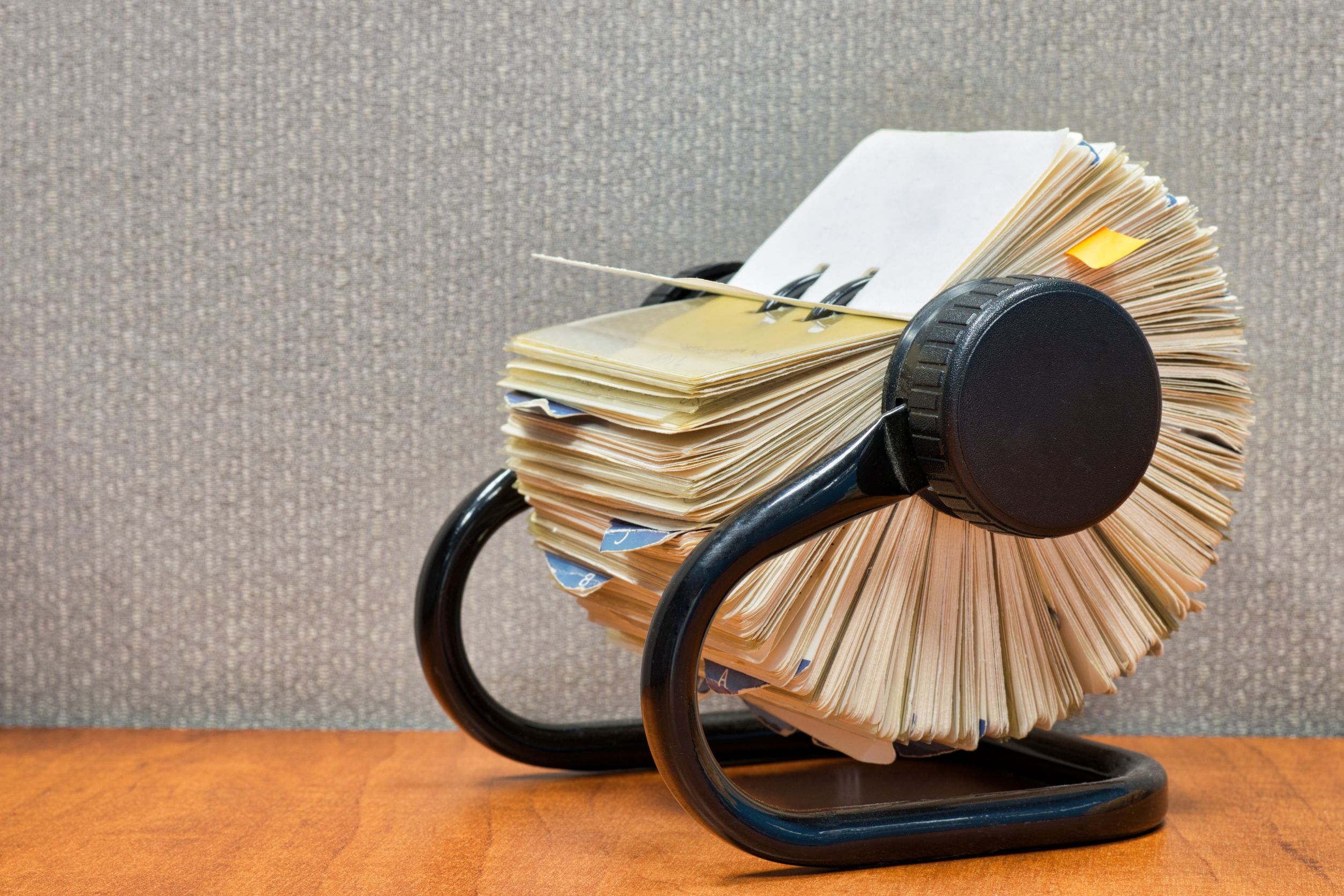
Canva
Before digital contacts and CRM systems, professionals relied on Rolodexes to keep track of their connections. These rotating card files held contact information and were a staple on every desk. Keeping a Rolodex updated was an ongoing task, requiring regular maintenance. It was an art to quickly find the right contact card in a sea of names.
Today, smartphones and digital address books have made the Rolodex obsolete. The once-essential tool is now a nostalgic artifact.
5. Balancing a Ledger

Canva
Accountants and business owners spent hours manually balancing ledgers. This process involved recording transactions by hand, ensuring that credits and debits matched perfectly. A single mistake could mean hours of tedious recalculations.
Modern accounting software has automated these tasks, making manual ledger balancing a lost art. While financial accuracy remains vital, the tools to achieve it have evolved significantly.
6. Reading a Paper Map

Canva
Navigating with a paper map was a critical skill, especially for salespeople and delivery drivers. Unfolding a large map and plotting a route required patience and a good sense of direction. One wrong turn could mean being lost for hours.
GPS and digital maps have rendered paper maps nearly obsolete, providing real-time directions and traffic updates. Now, getting from point A to B is as simple as following a voice prompt.
7. Using Carbon Copy Paper

Canva
Carbon copy paper allowed workers to duplicate documents as they wrote or typed. It was an essential tool for creating multiple copies of contracts, receipts, and forms. Handling it could be messy, with ink smudges a common problem.
Digital duplication and printing have replaced the need for carbon paper. Today, making copies is a clean, one-click process, and the carbon copy paper is a forgotten office supply.
8. Developing Film

Canva
In the 80s, photography required a keen understanding of film development. This skill involved using darkrooms, chemicals, and precise timing to produce photos from negatives. Photographers had to be meticulous, as mistakes could ruin an entire roll of film.
The rise of digital photography has all but eliminated the need for film development skills. Today, we capture, edit, and share photos instantly, with no darkroom required.
9. Operating a Switchboard
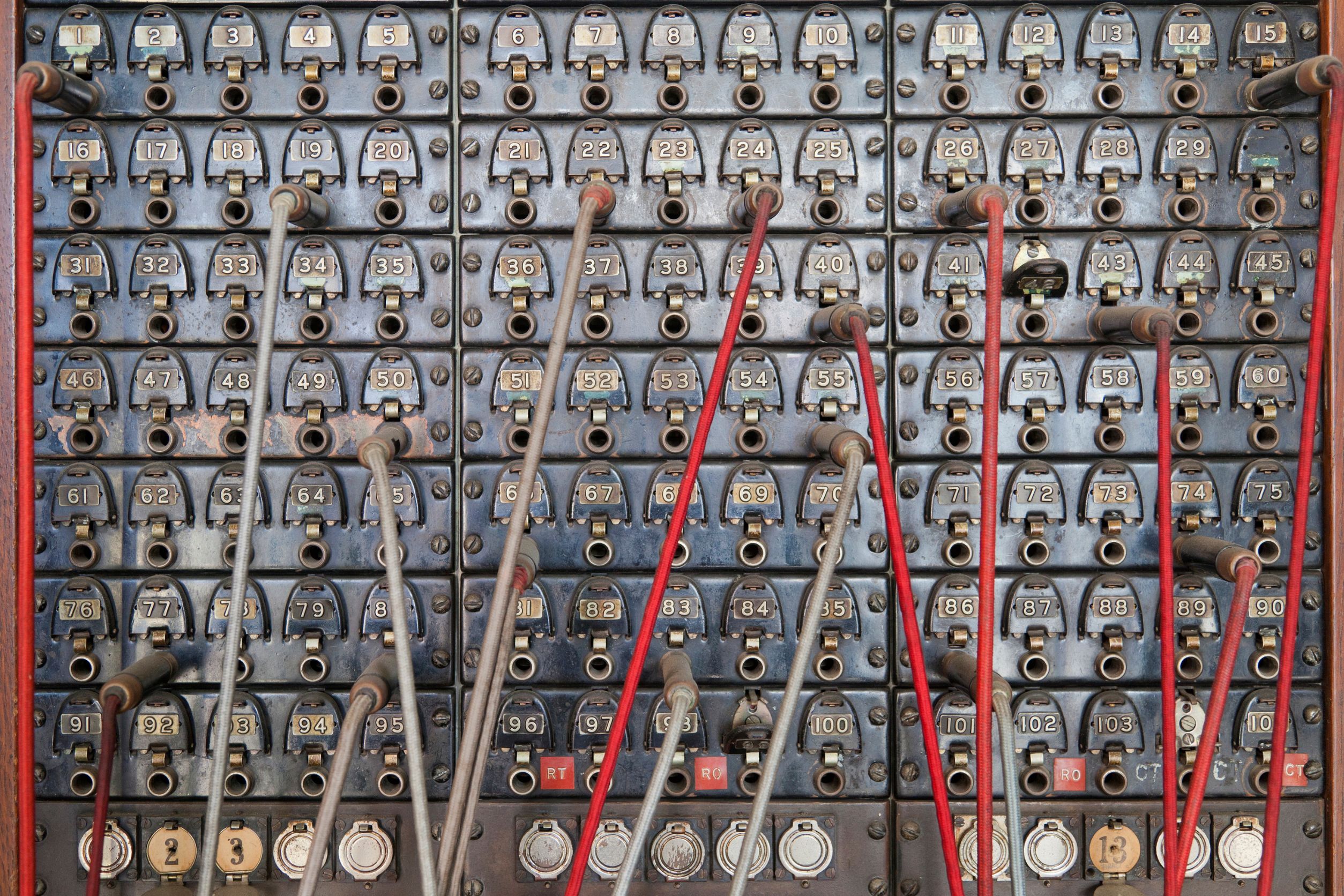
Canva
Switchboard operators were the lifeline of office communication, connecting calls manually. They needed to be quick, efficient, and courteous, managing multiple lines simultaneously. Plugging and unplugging cables was a skill that required coordination and concentration.
Modern phone systems and automated attendants have replaced switchboard operators. The once-critical role has been phased out by advanced telecommunication technology.
10. Dictation and Shorthand

Canva
Taking dictation and writing in shorthand were essential skills for secretaries and assistants. This involved quickly transcribing spoken words into written form using a special system of symbols. Shorthand allowed for fast note-taking, which is crucial in meetings and for drafting correspondence.
Today, digital recorders and voice-to-text software have made these skills largely unnecessary. The speed and accuracy of shorthand are now achieved with technology.
11. Repairing Office Machines
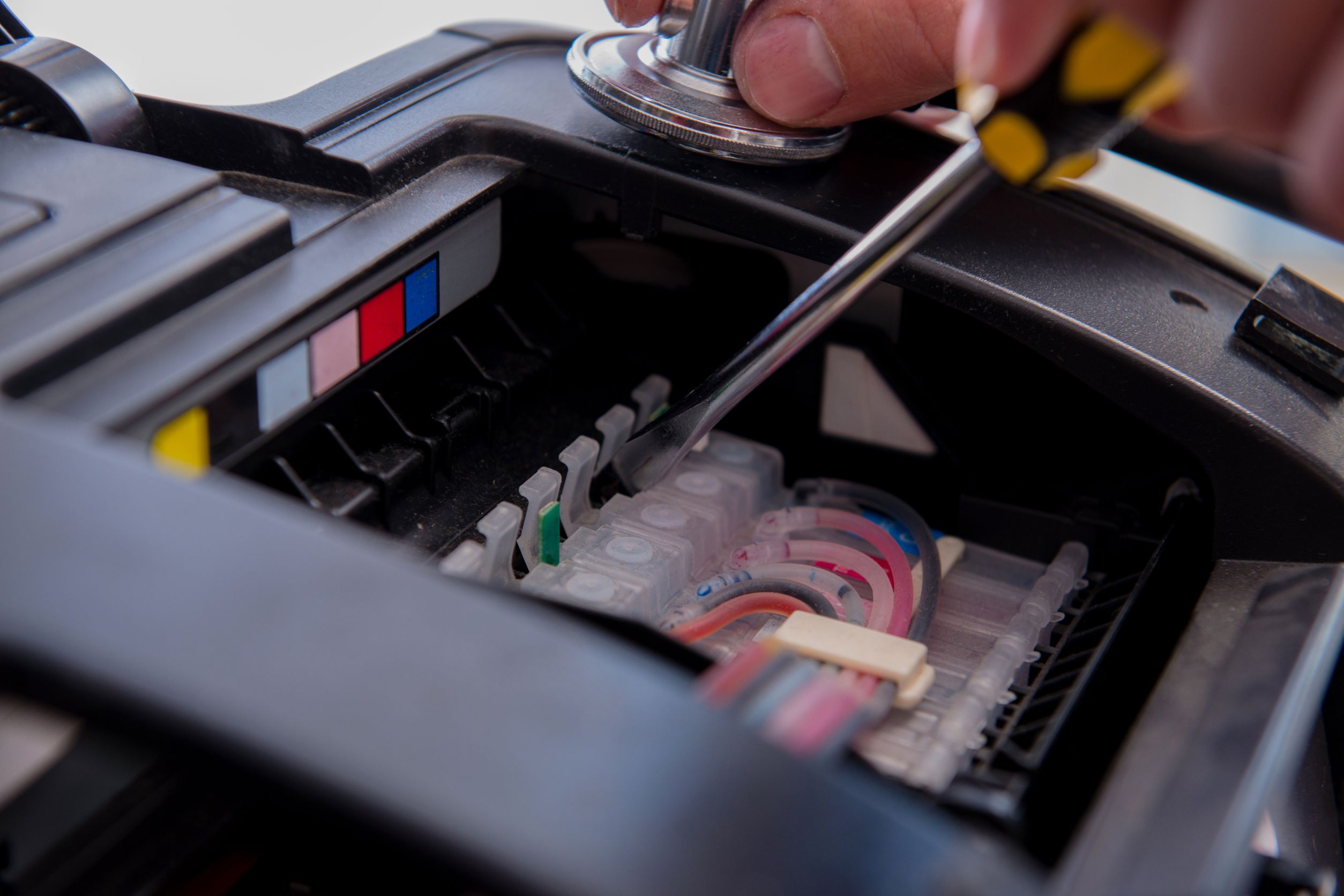
Canva
Being handy with office machines, like copiers and printers, was a valuable skill. Workers often needed to troubleshoot and fix jams or malfunctions themselves. Having a basic understanding of these machines kept the office running smoothly.
Now, many offices rely on service contracts and specialized technicians for repairs. The average worker rarely needs to get their hands dirty with machine maintenance.
12. Using an Overhead Projector
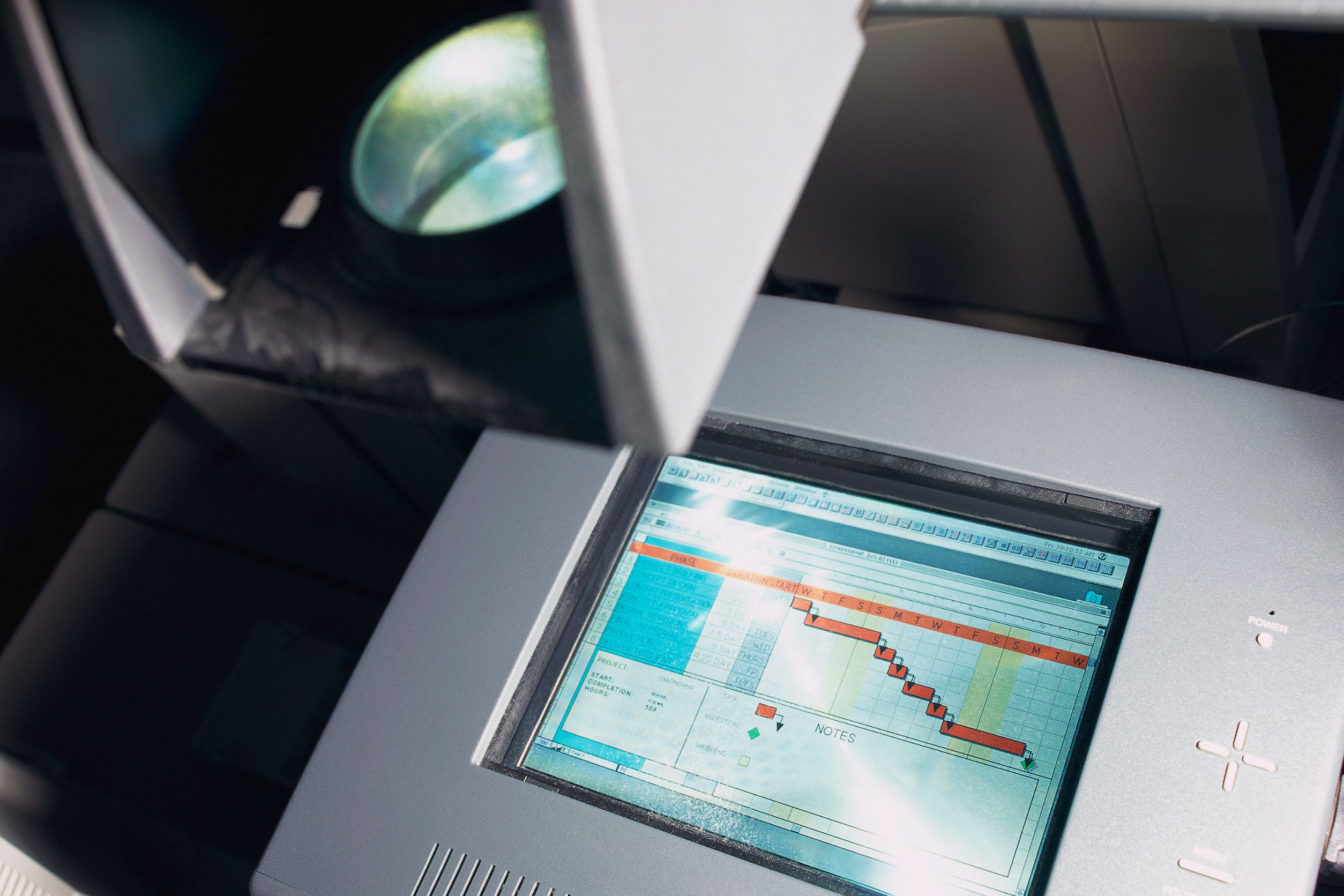
Canva
Overhead projectors were a staple for presentations and meetings. Knowing how to operate one, including focusing on the image and changing transparencies, was crucial. Presenters had to ensure their slides were clear and legible.
Digital projectors and presentation software like PowerPoint have replaced overhead projectors. Presentations are now more dynamic and visually engaging, making the overhead projector a museum piece.
13. Operating a Telex Machine
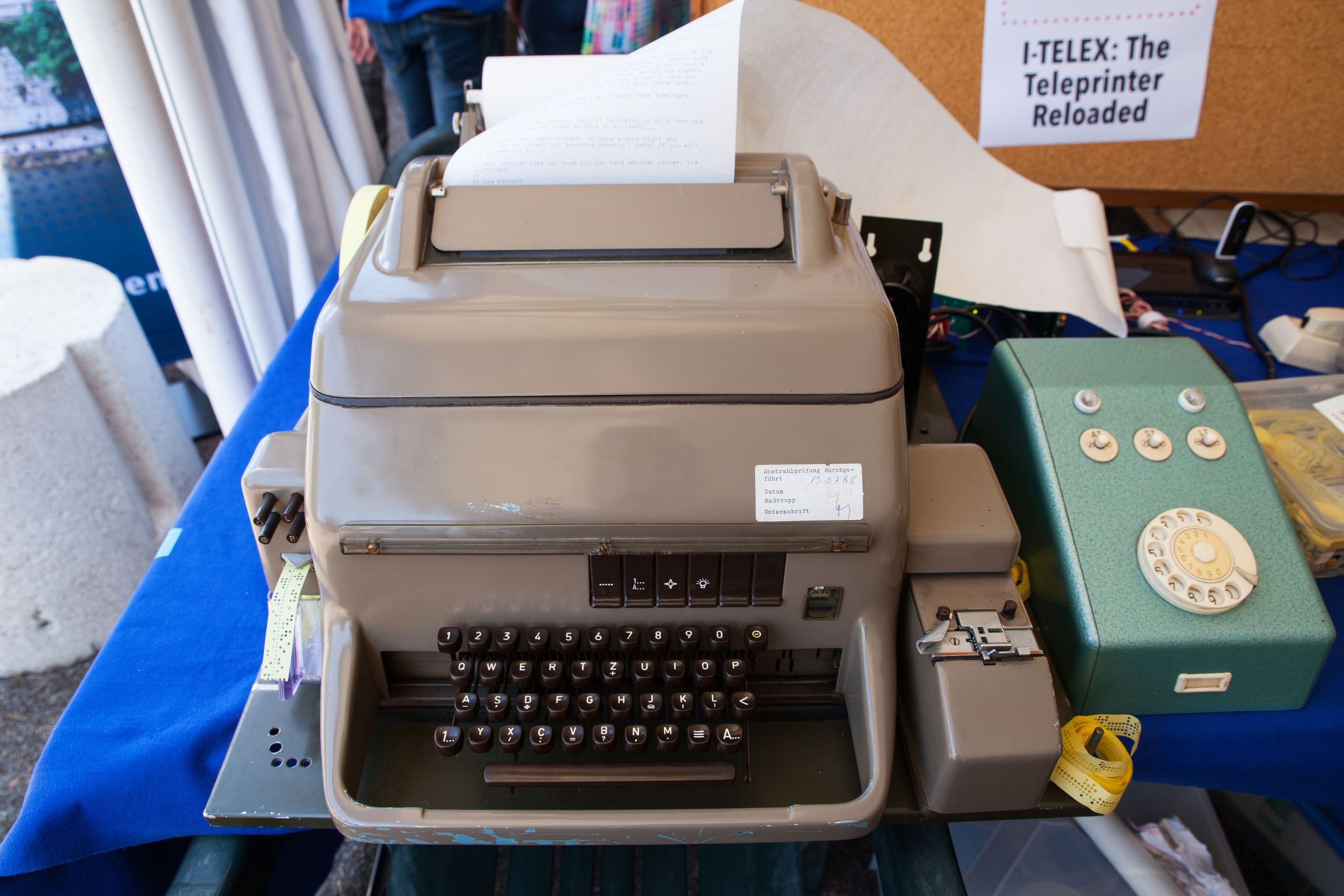
Canva
Telex machines were an early form of electronic communication used to send typed messages over long distances. They required a specific skill set to operate, including knowing the telex code and managing the machine’s mechanics. This technology was essential for international business communication.
Email and instant messaging have completely replaced telex machines. The concept of telex is now a fascinating footnote in the history of communication.
From Relics to Reminiscence

Canva
The 80s workforce was defined by skills that seem quaint by today’s standards. While technology has rendered many of these abilities obsolete, they paved the way for the advancements we enjoy now. From typewriters to telex machines, these skills were the backbone of a different era.
It’s fascinating to see how far we’ve come and to appreciate the tools that once made the workplace tick. Embrace the nostalgia and marvel at the rapid pace of change. Who knows what skills we’ll be reminiscing about in another few decades?

Leave a Reply